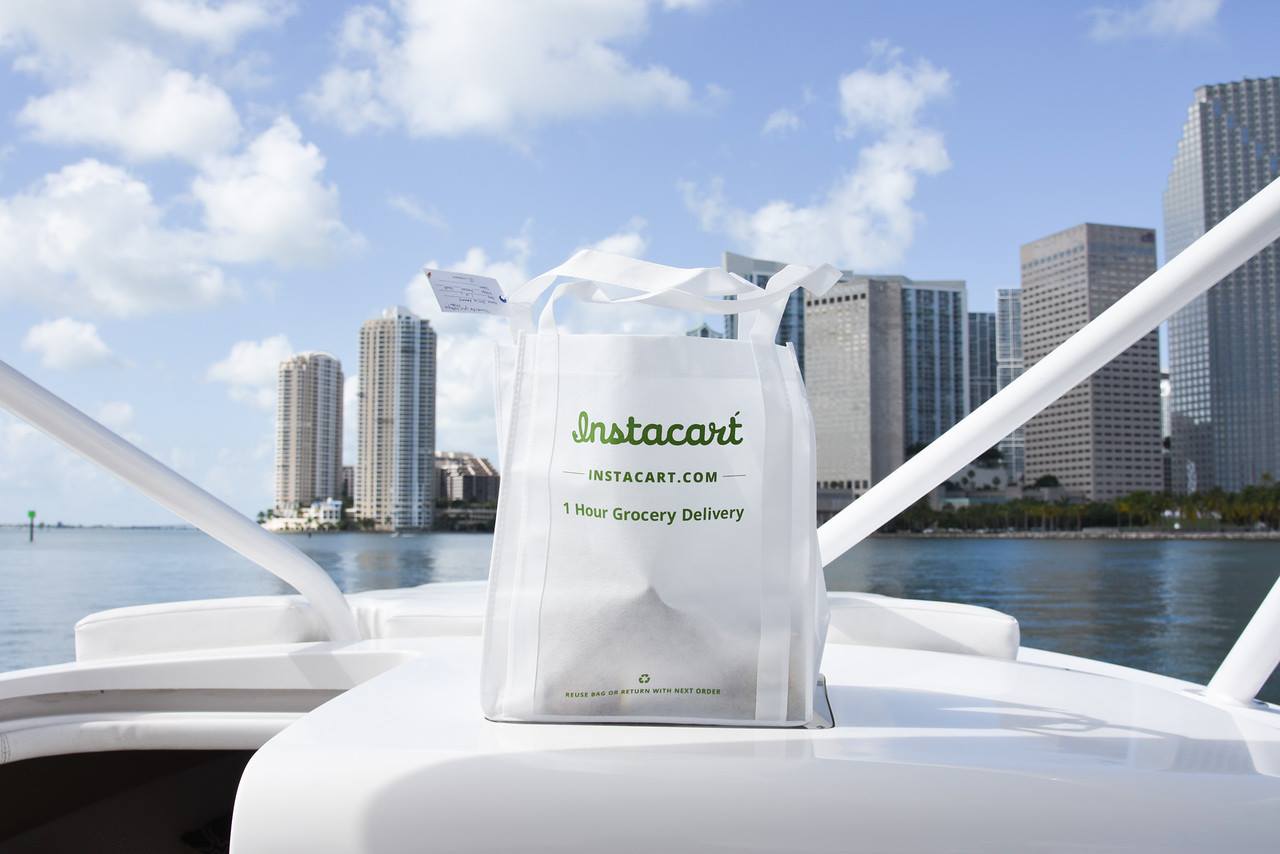
Instacart has announced that it will hire an additional 300,000 workers to meet the surge in demand for grocery deliveries amid the coronavirus outbreak.
Instacart, a same-day grocery delivery and pick-up service, is looking to hire 300,000 workers more in North America over the next three months to address the increased demand for grocery deliveries spurred by the coronavirus outbreak.
The additional workers will function as "full-service shoppers," who are treated as independent contractors, to double the company's existing workforce of full-service shoppers.
In a statement, Instacart founder and chief executive officer (CEO) Apoorva Mehta said: "The last few weeks have been the busiest in Instacart's history and our teams are working around the clock to reliably and safely serve all members of our community."
Aside from Instacart, Amazon and Walmart have each announced plans to expand their workforce by at least 100,000 due to the demand surge. However, there are concerns about how these companies care for their employees during the pandemic.
While Instacart said it will provide paid sick leave to workers diagnosed with coronavirus or placed under quarantine by public health authorities, many workers can't afford to stop working without paid time off.
Other workers have expressed fears of contracting the virus on the job. In addition, some workers are complaining that they receive low ratings from customers for reasons beyond their control, such as out-of-stock items, affecting the future orders they receive and losing tips in the process.
The company responded by announcing that ratings would not impact access to future orders for workers during the pandemic.
Senator Edward Markey of Massachusetts is asking the government to ensure paid leave protections for gig workers whose jobs cannot be done from home. This is because some states have indicated that on-demand food and meal delivery companies, as well as rideshare companies, are essential businesses and will continue to operate.






